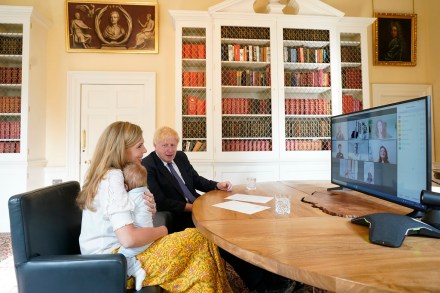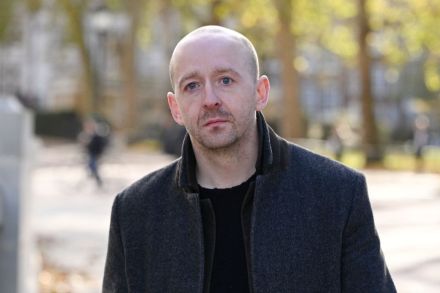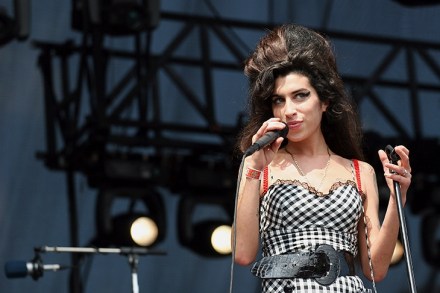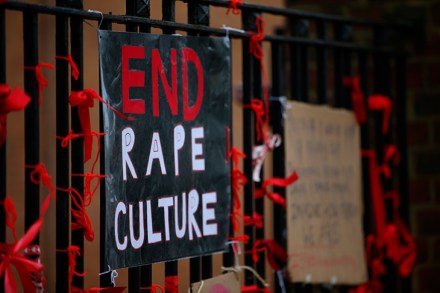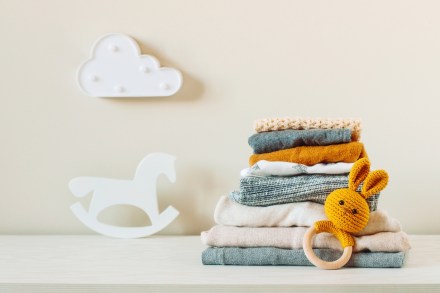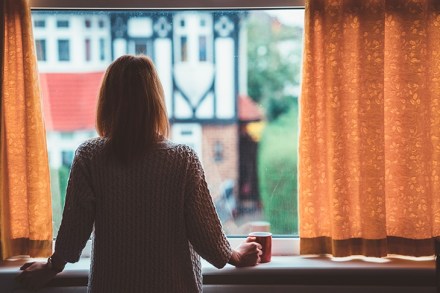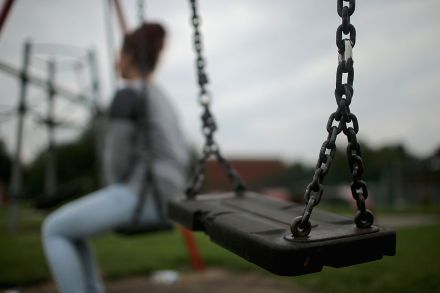Why Chinese women don’t want more children
Years after my mother and I left China, I found out the real reason why. A neighbour had reported my mother for being pregnant with her second child. She was paid a visit by local officials who gave her a choice: she could either take herself to the abortion clinic or they’d take her there themselves. She chose a third option: to move to London to join her husband, who was working in the UK. In August 2004, when six months pregnant, she left her family and friends behind in Nanjing. My brother was born later that year in Kingston Hospital. Other families weren’t so lucky. Beijing demographers were concerned



